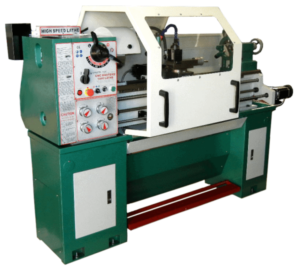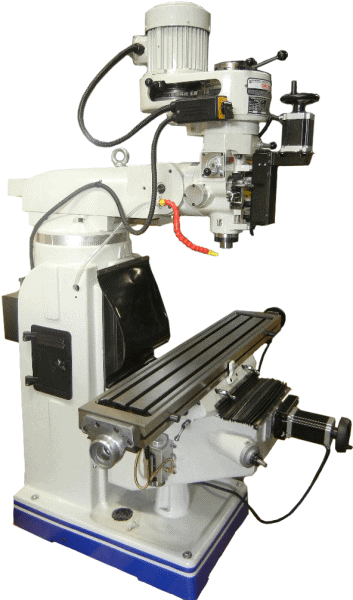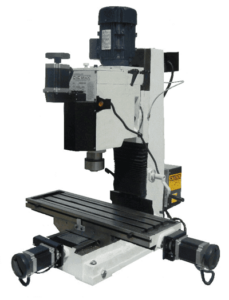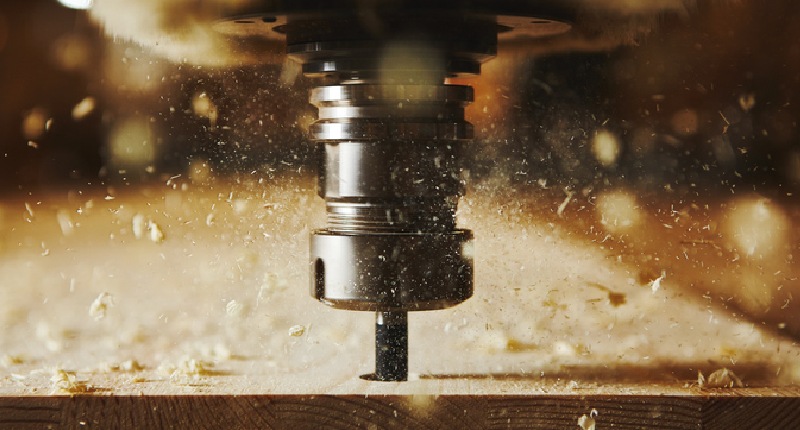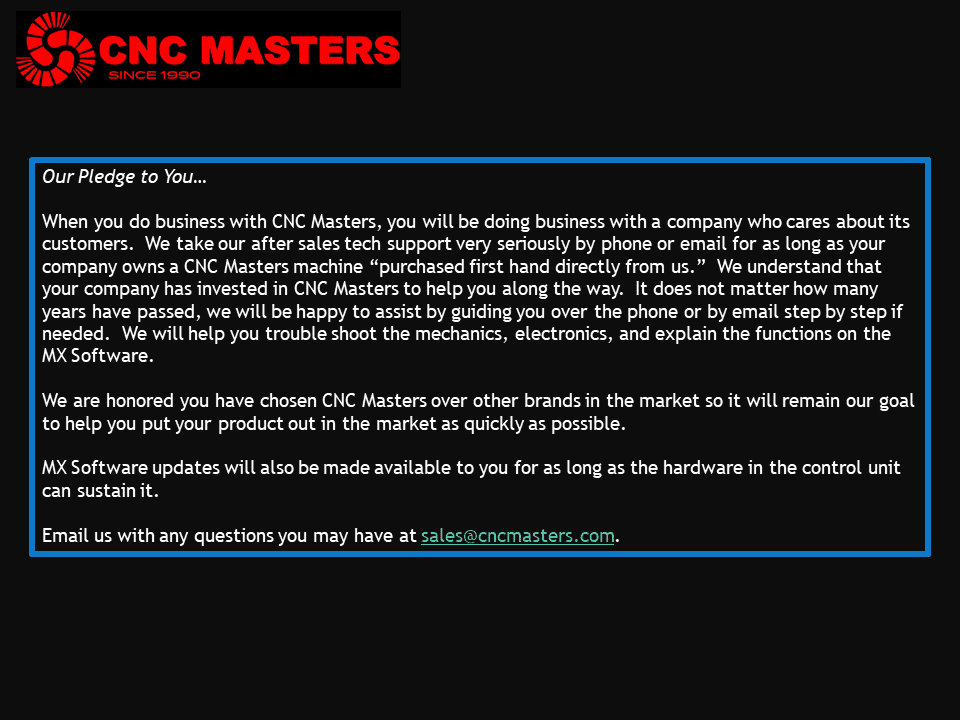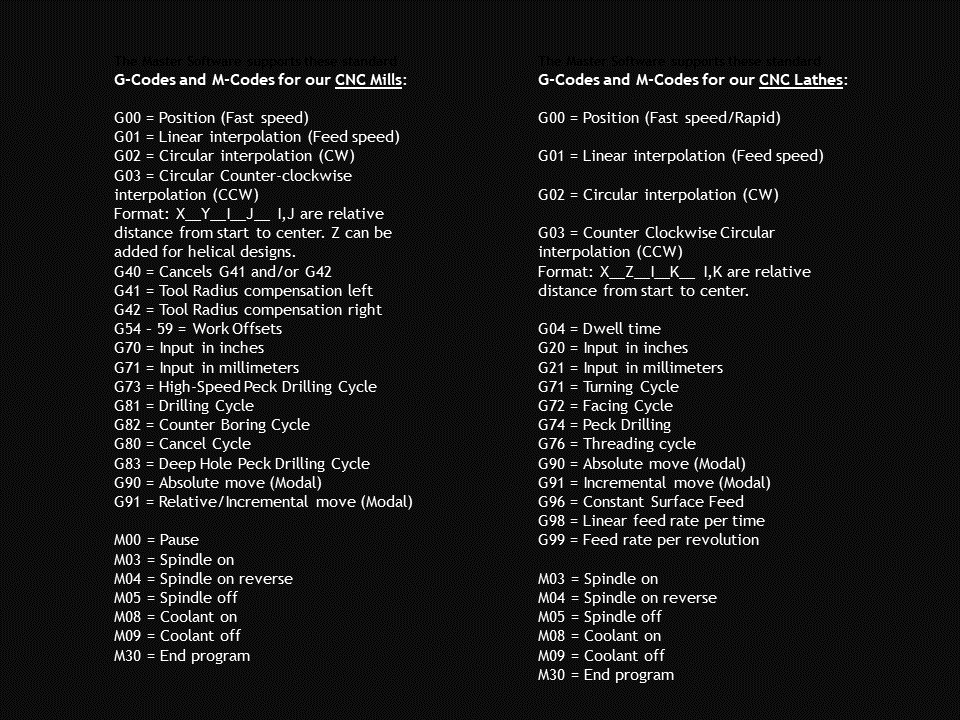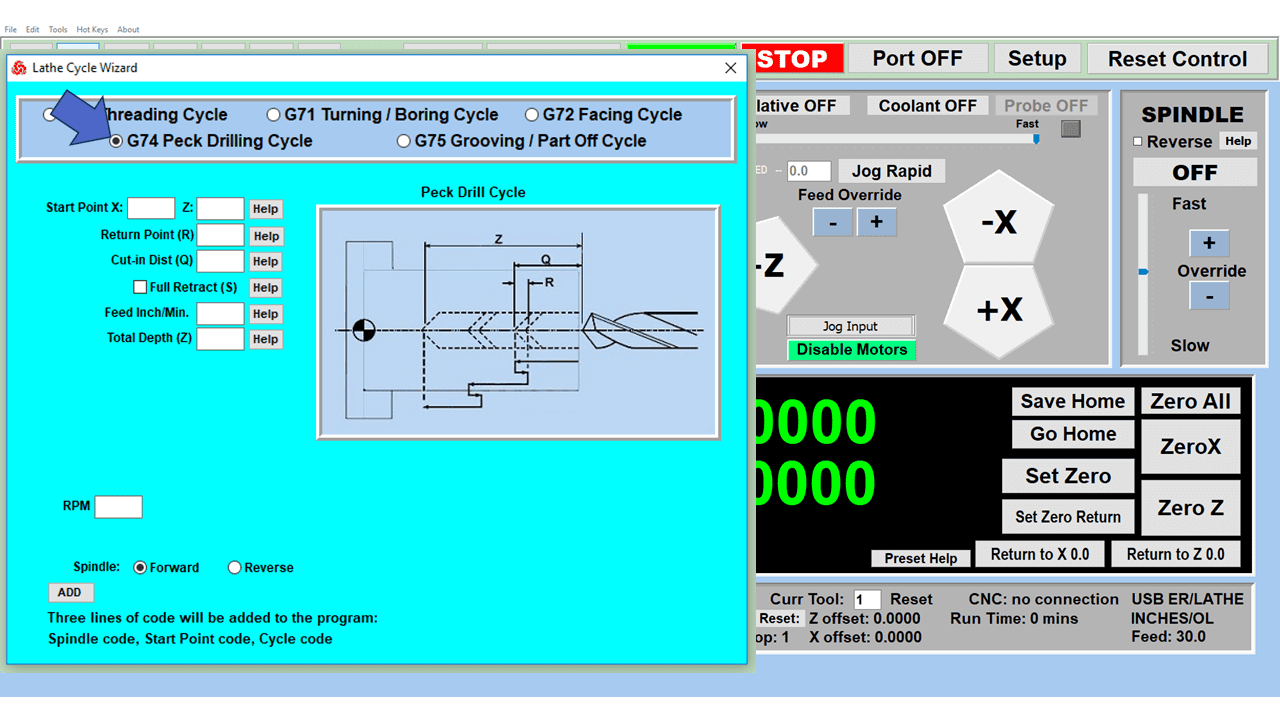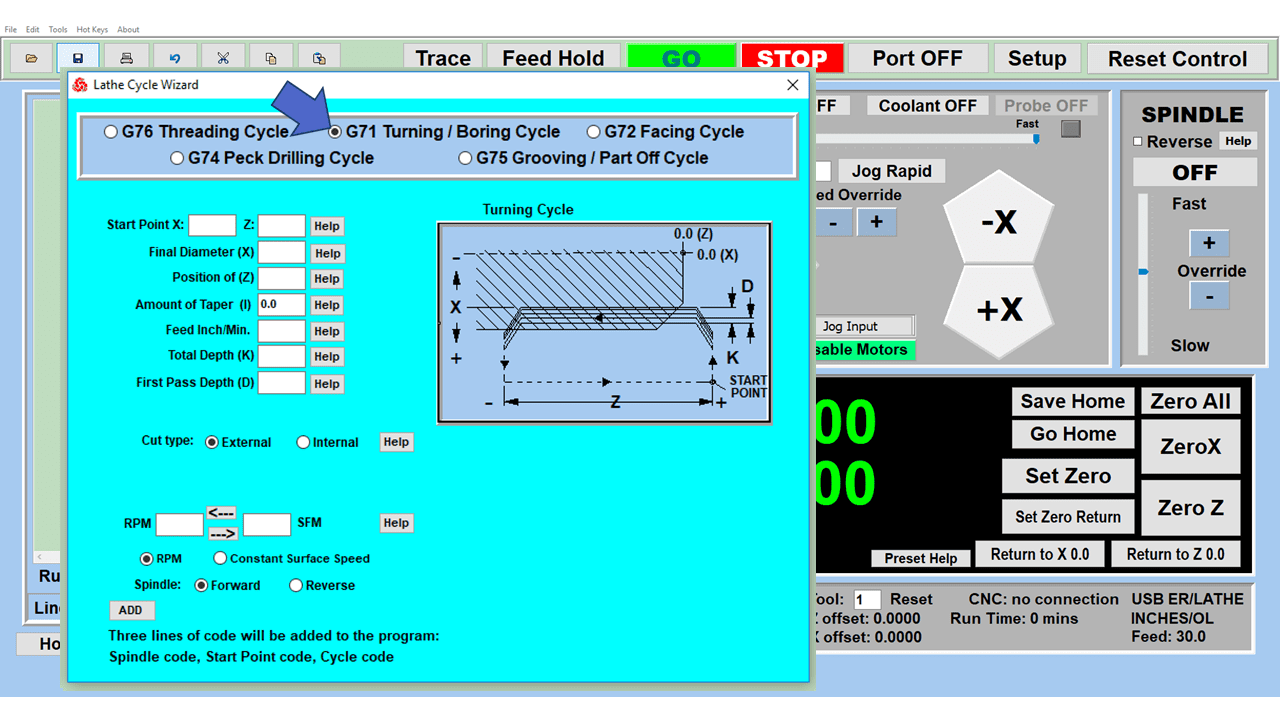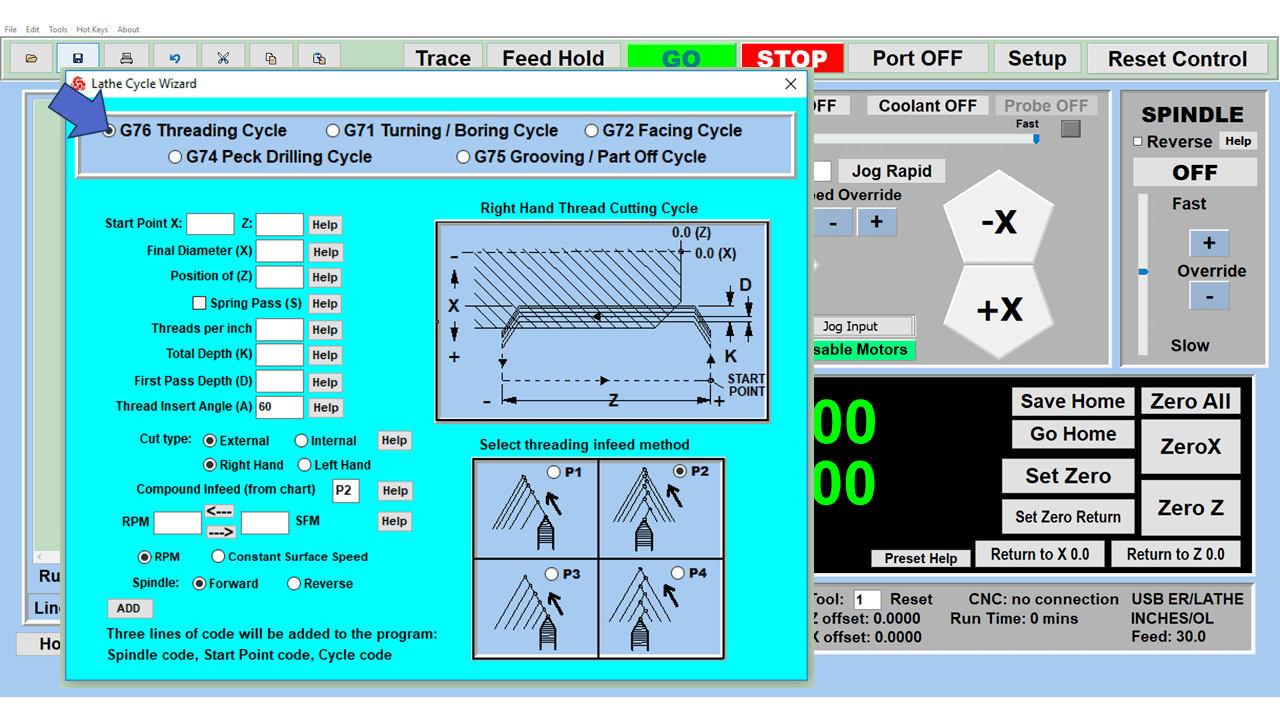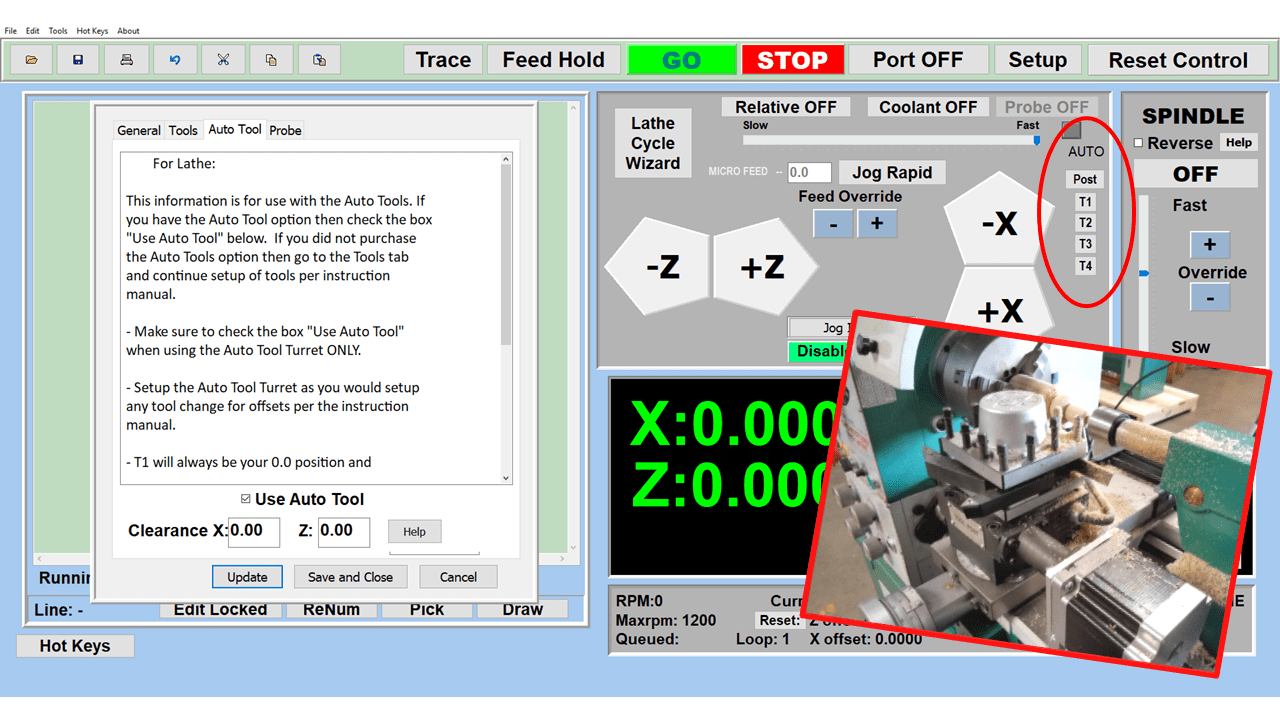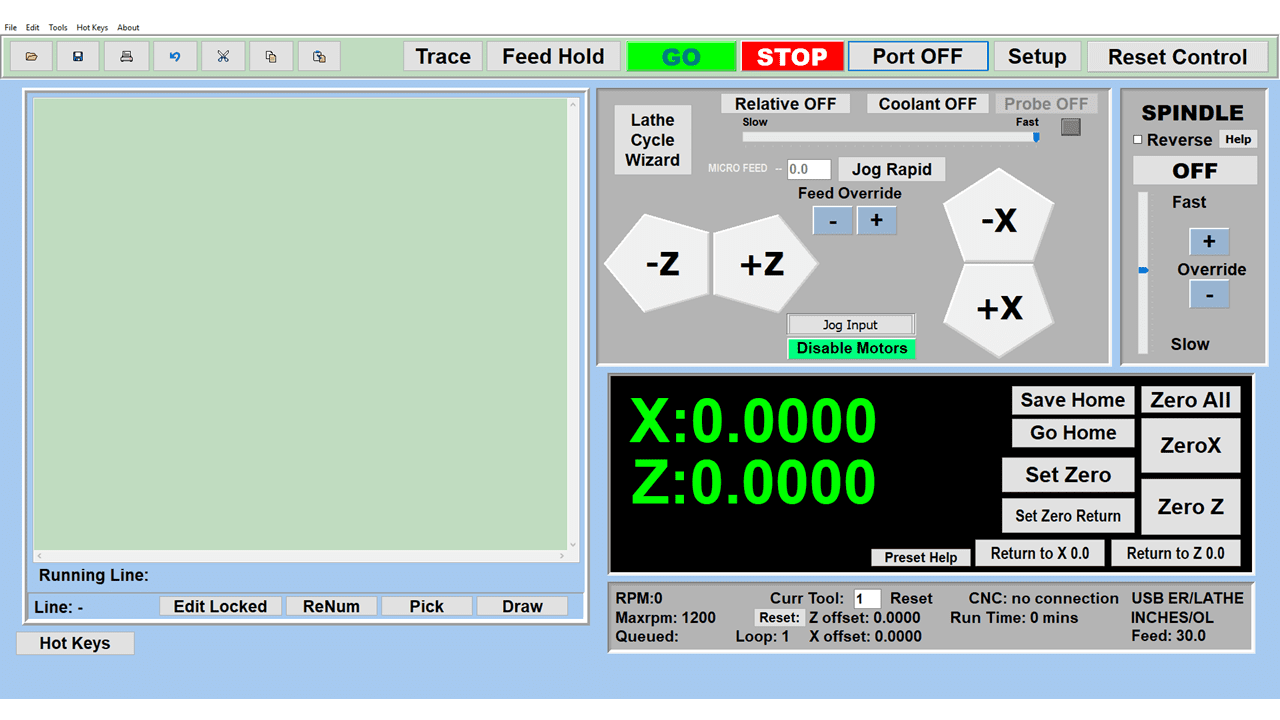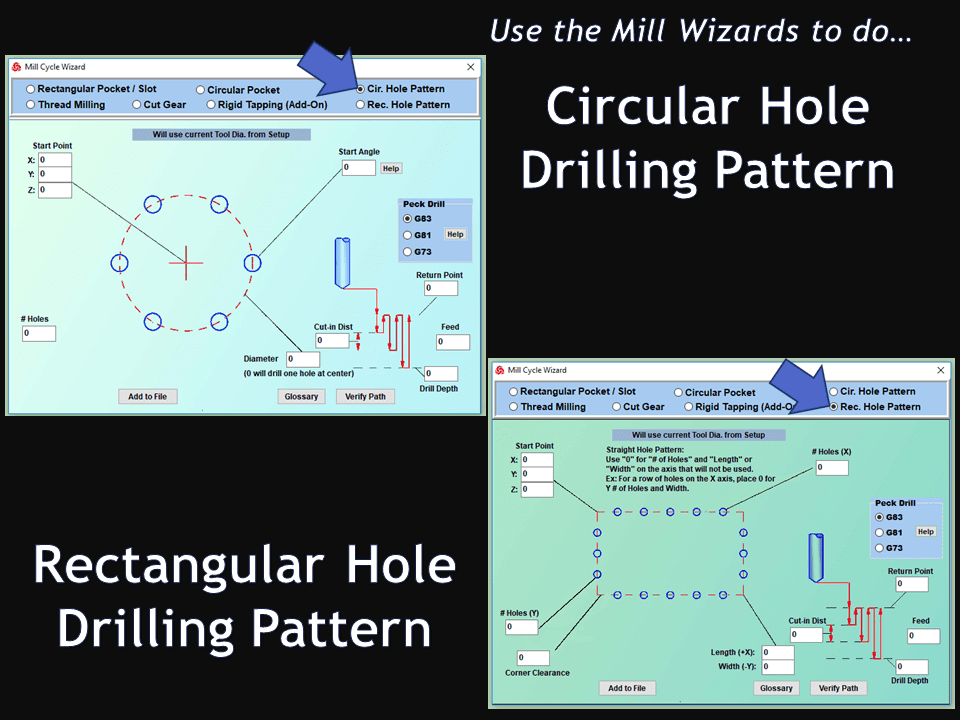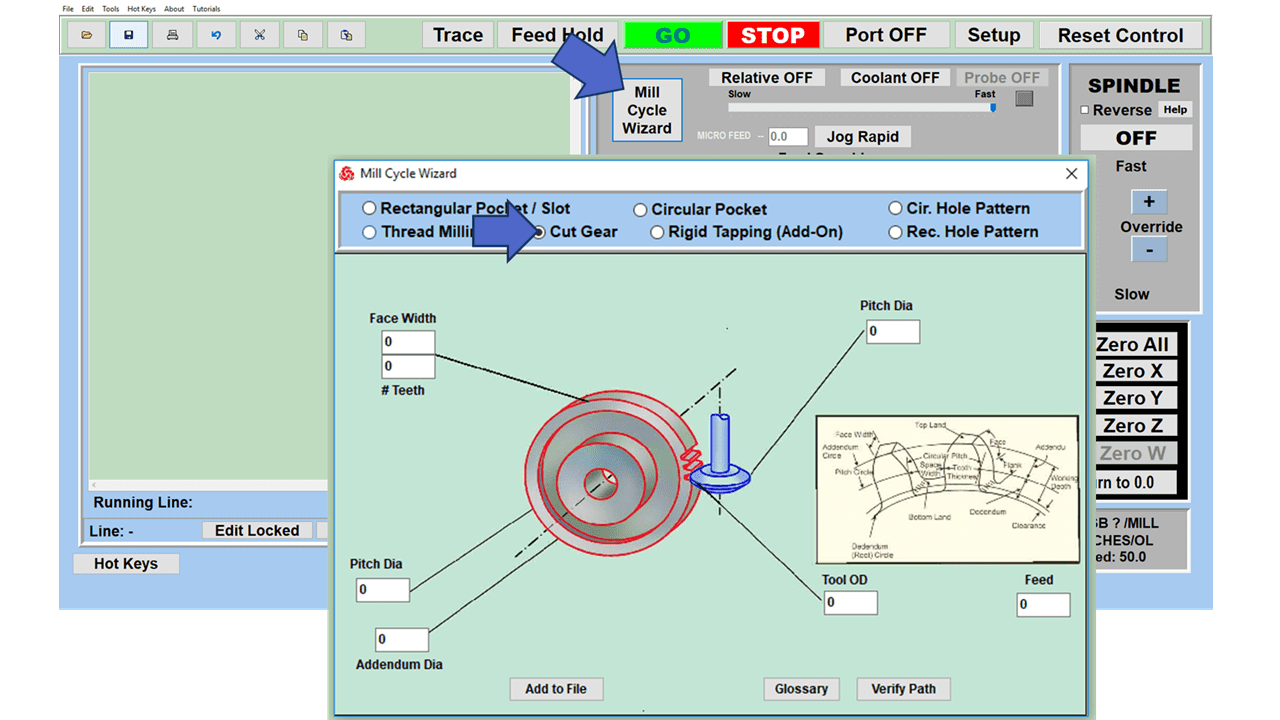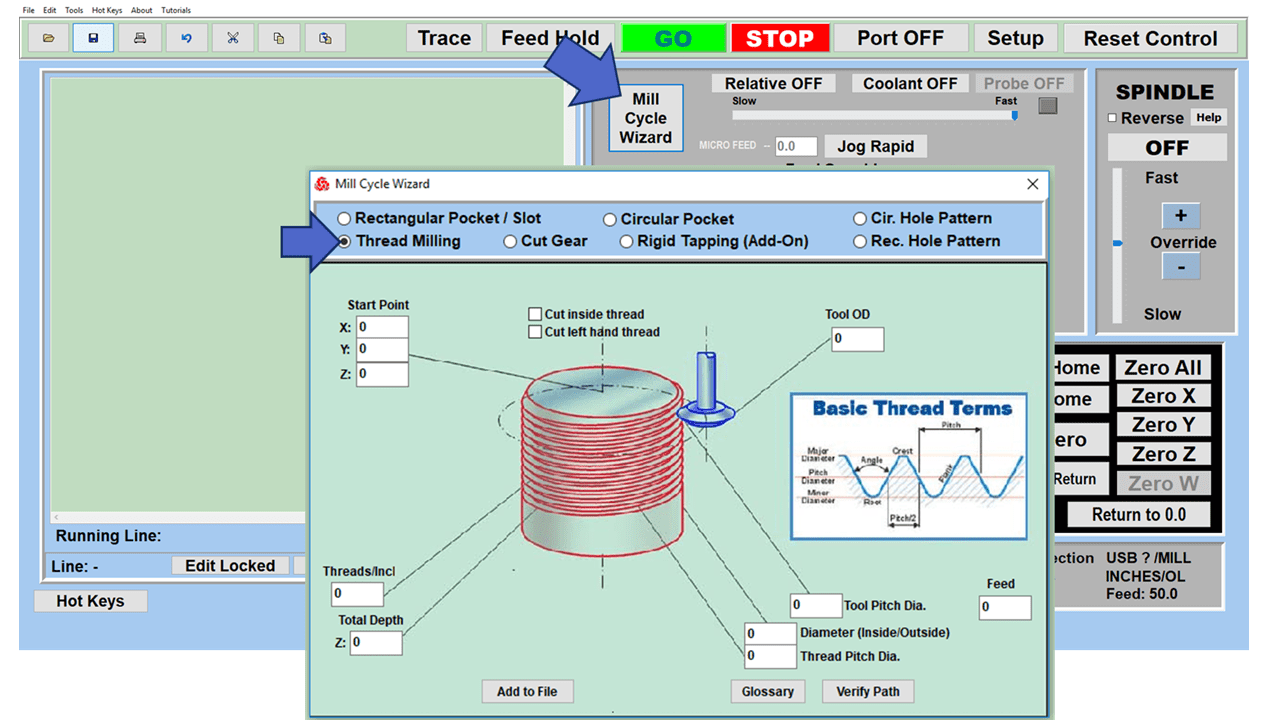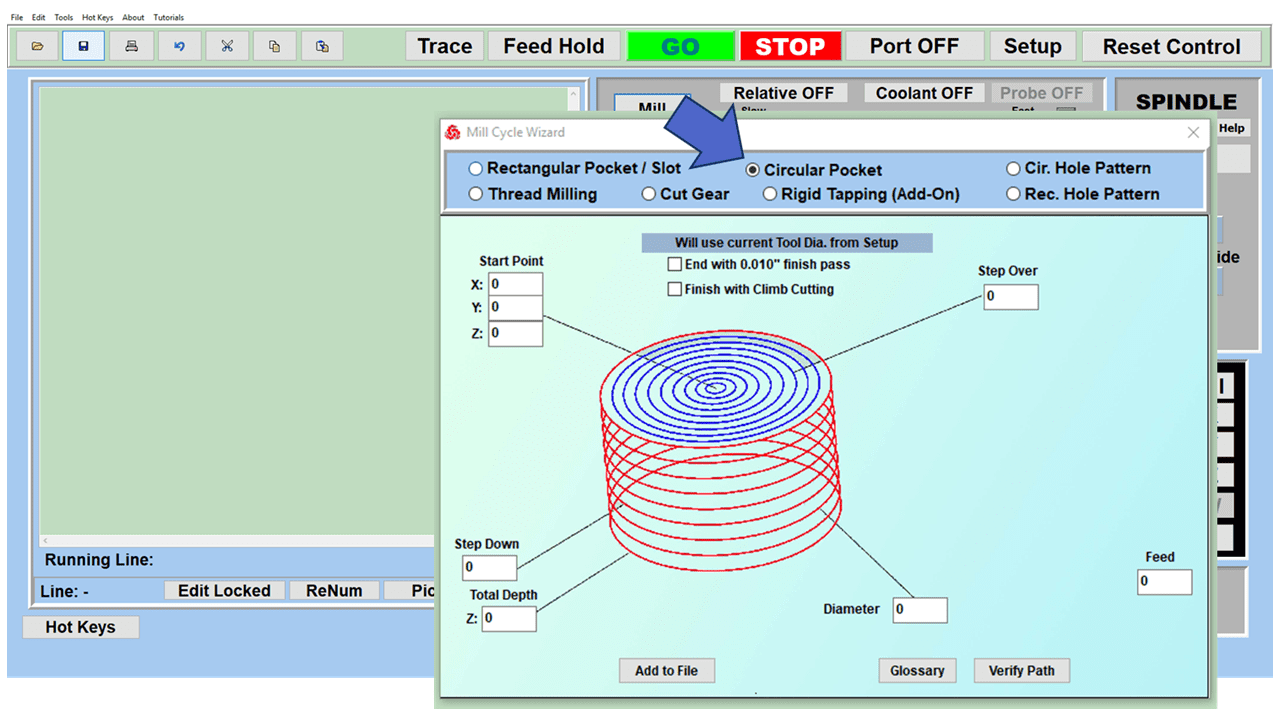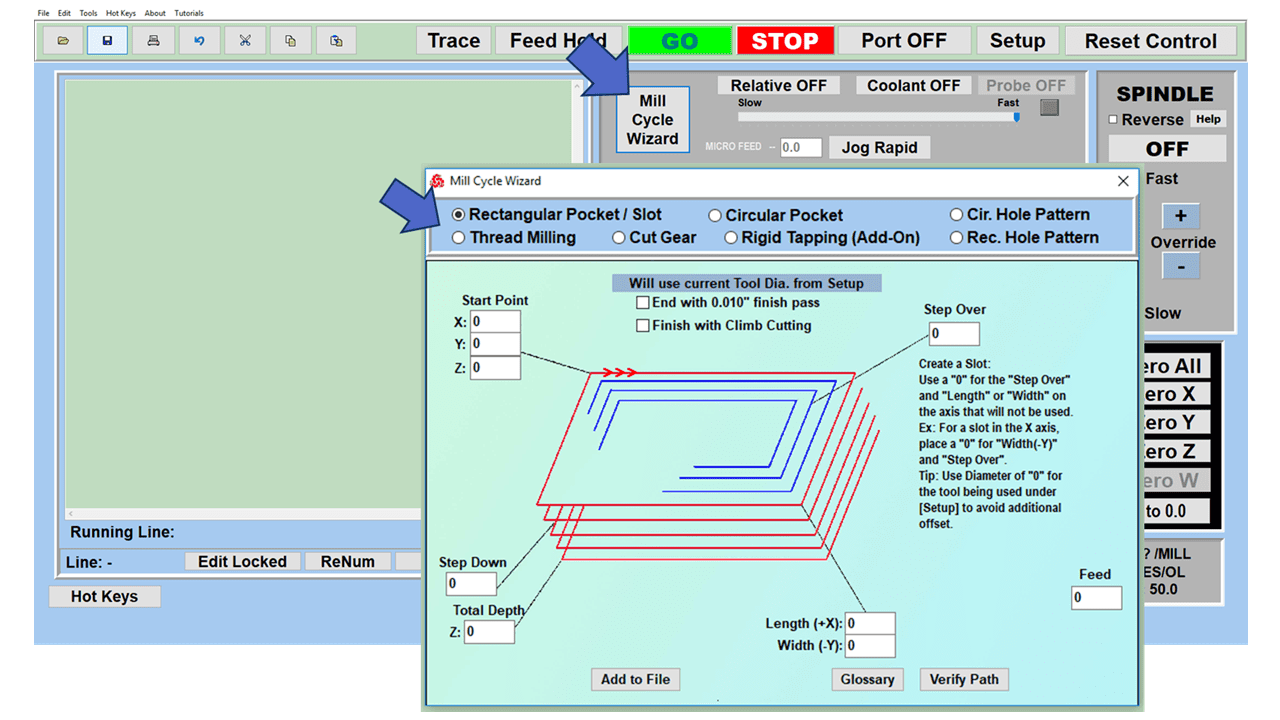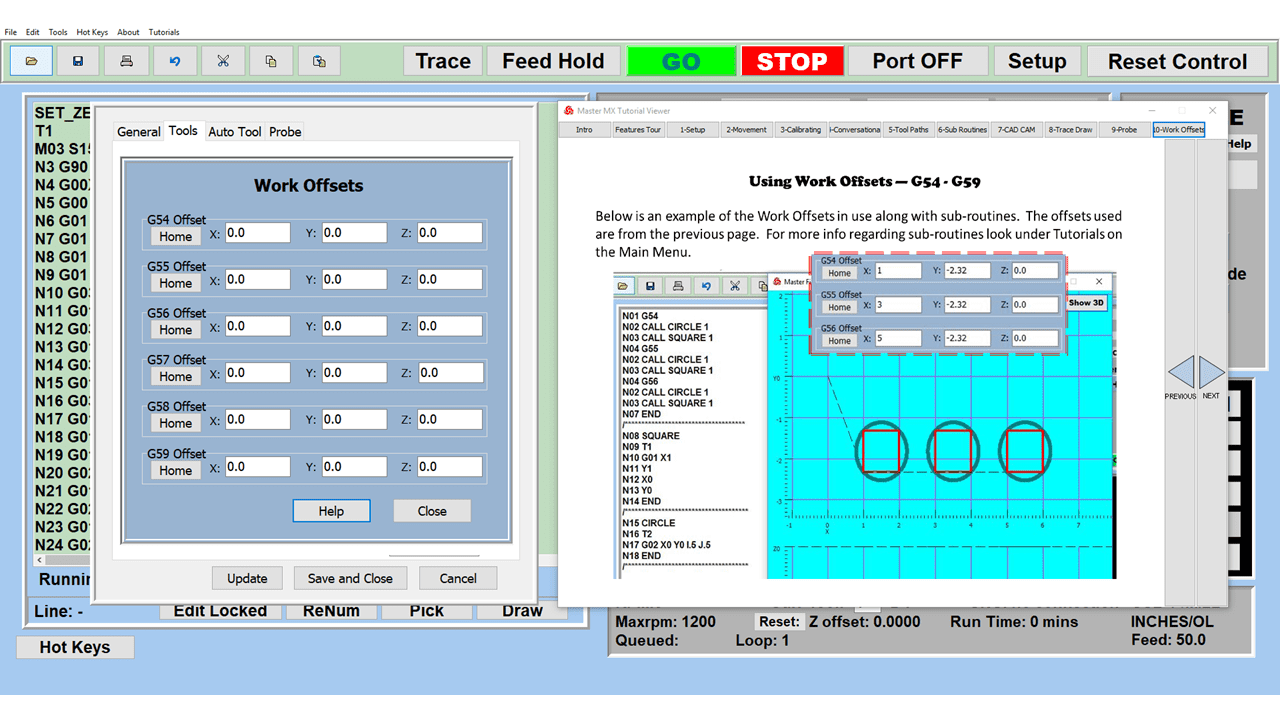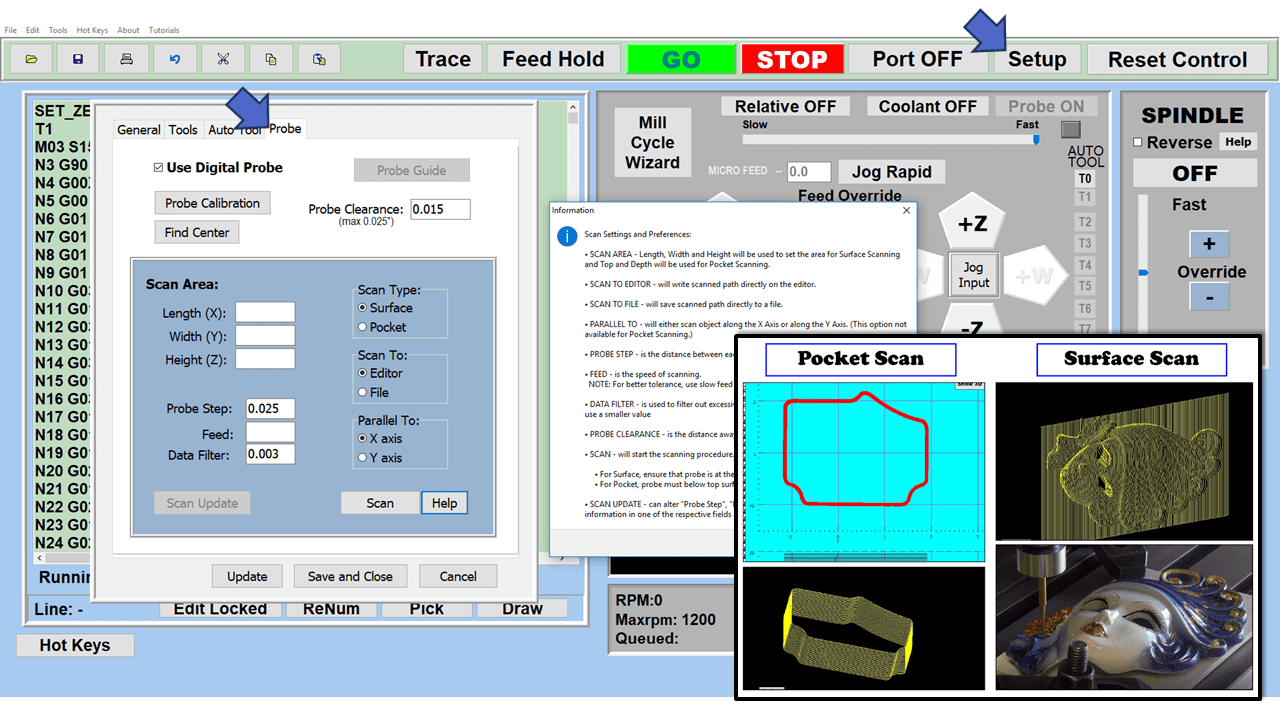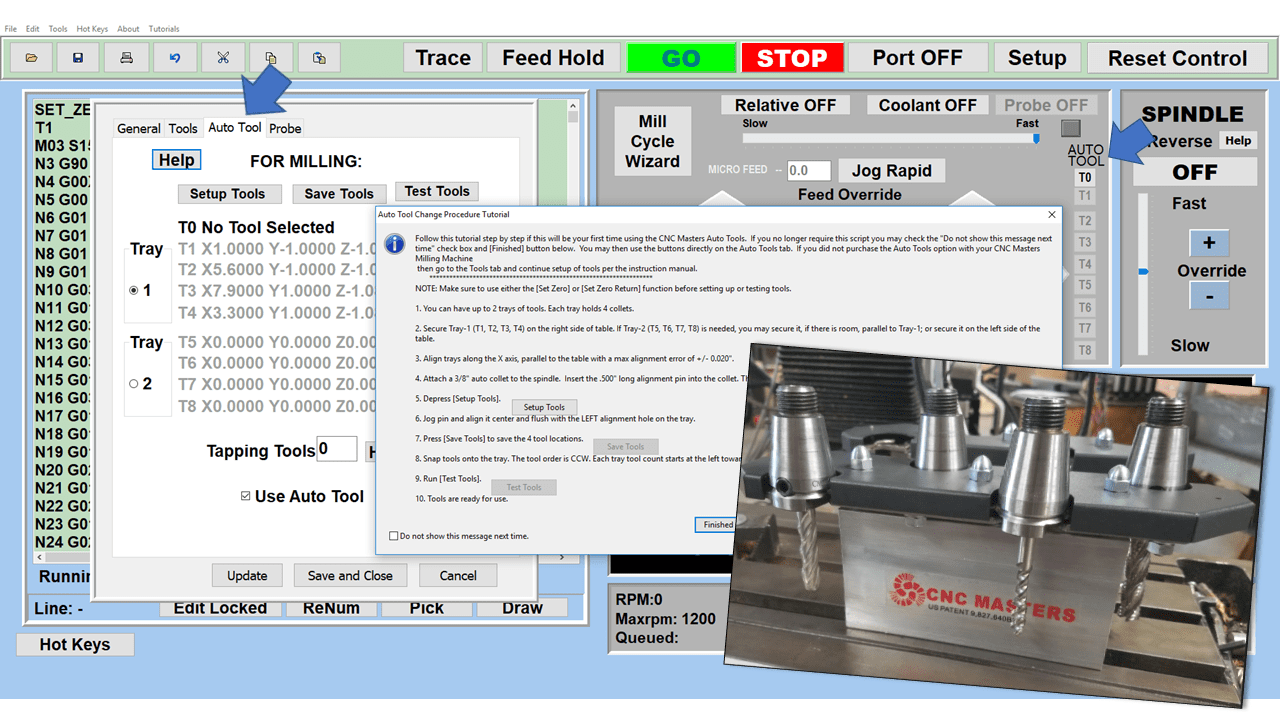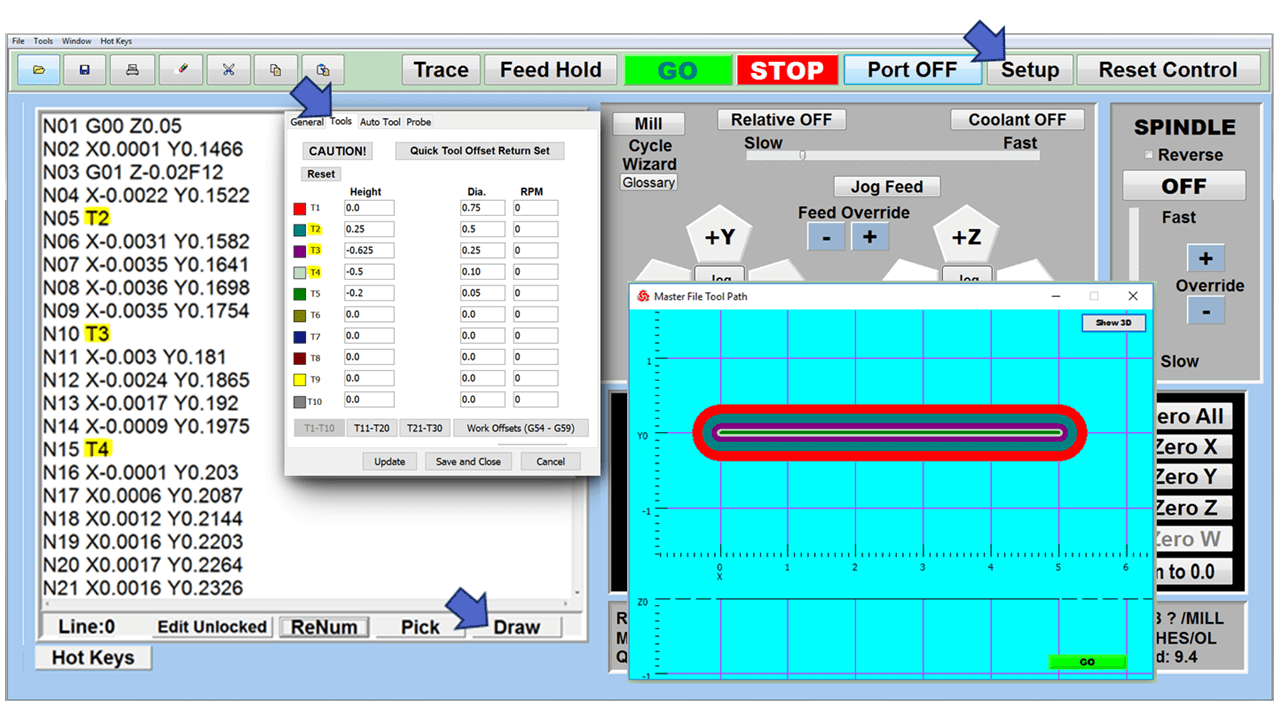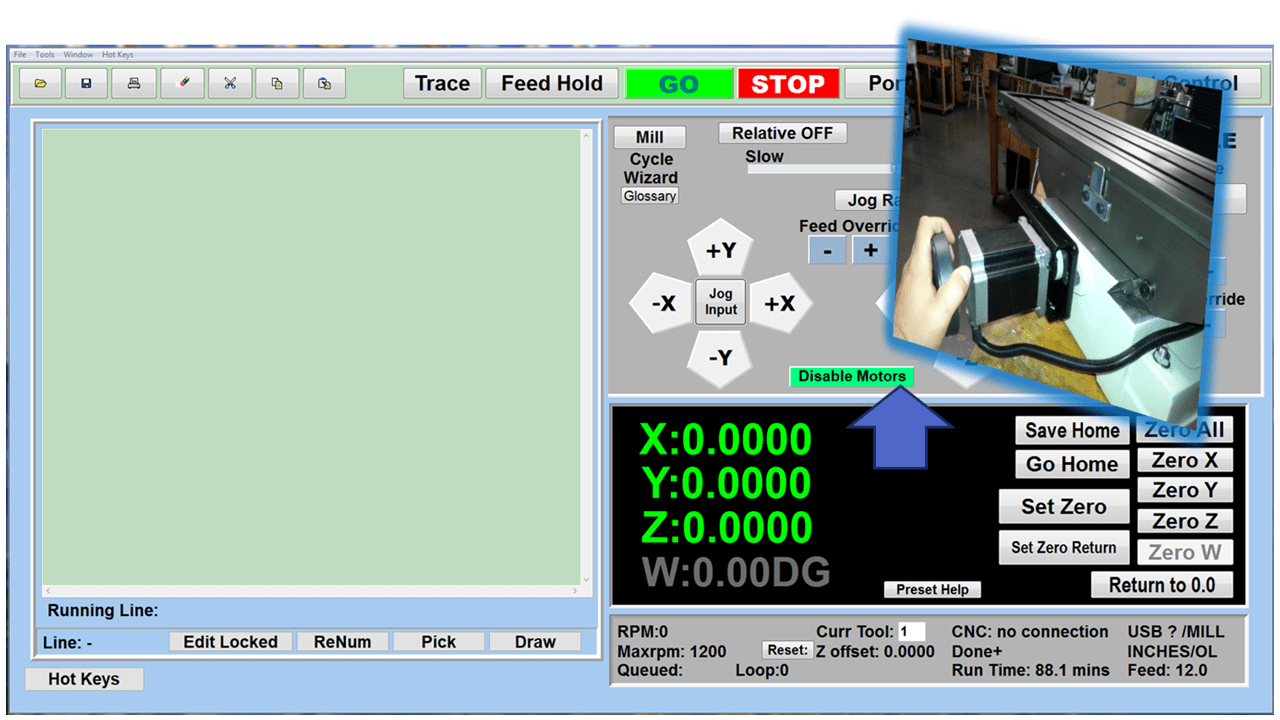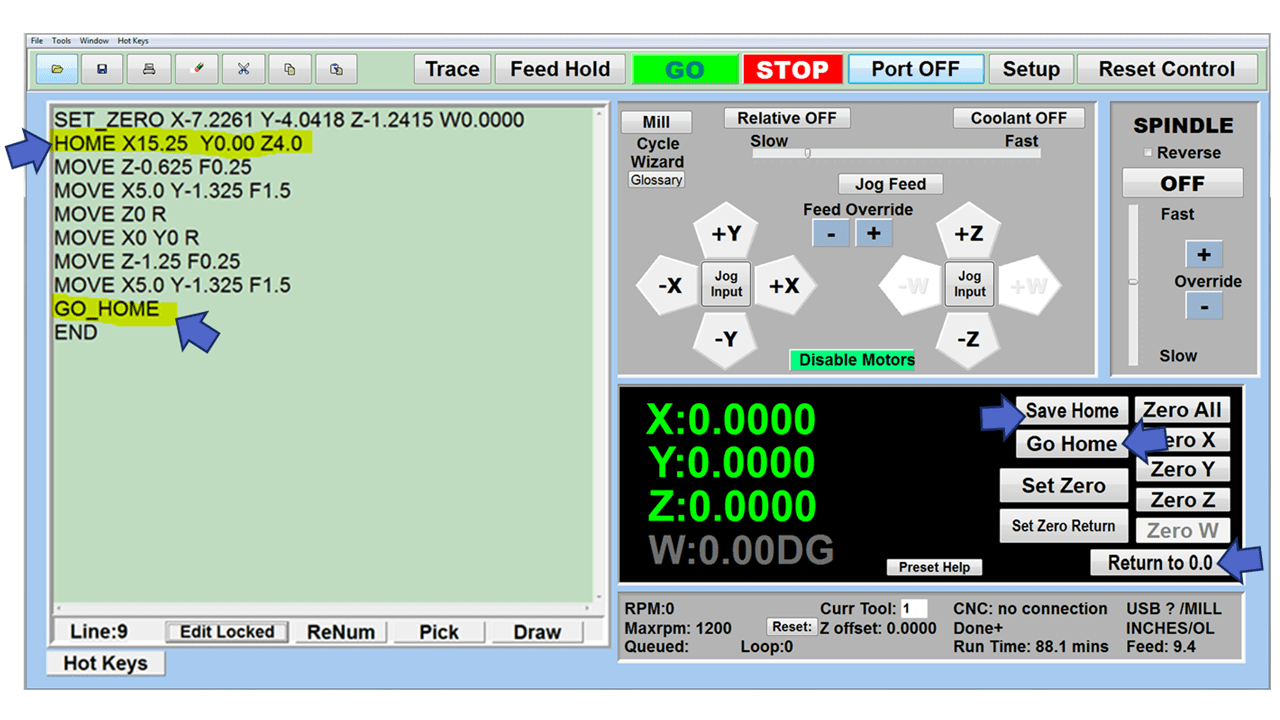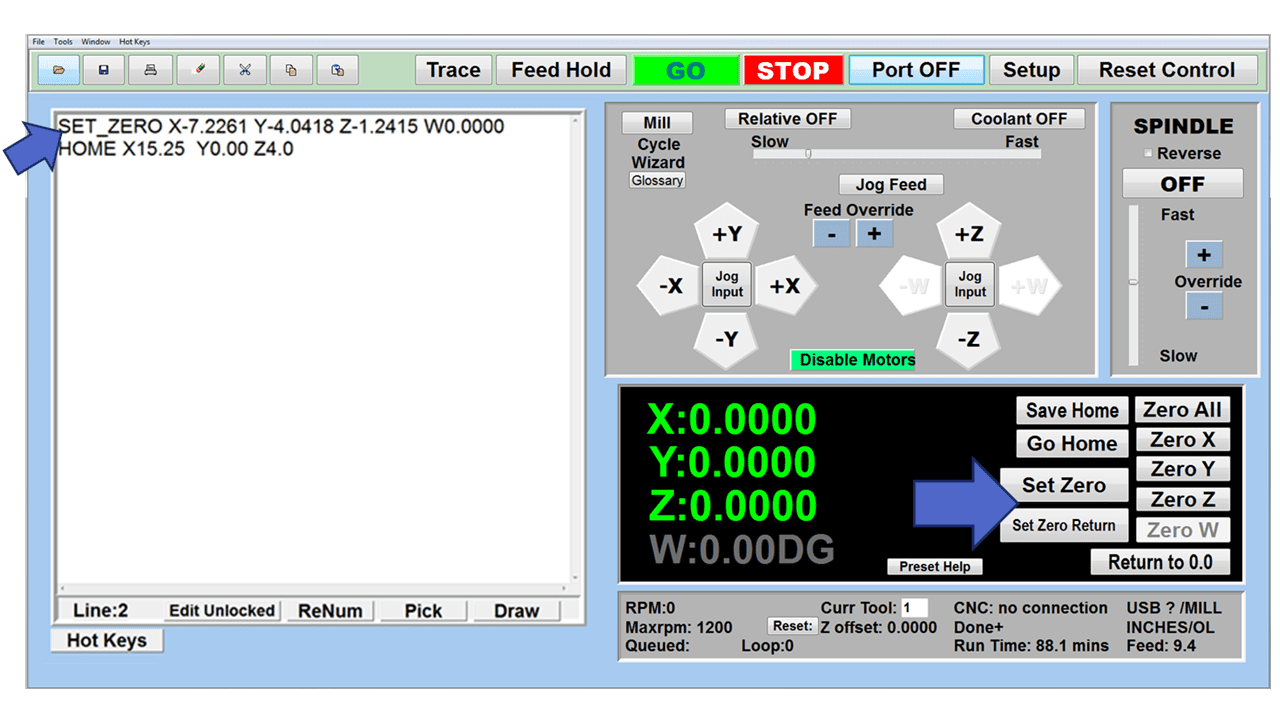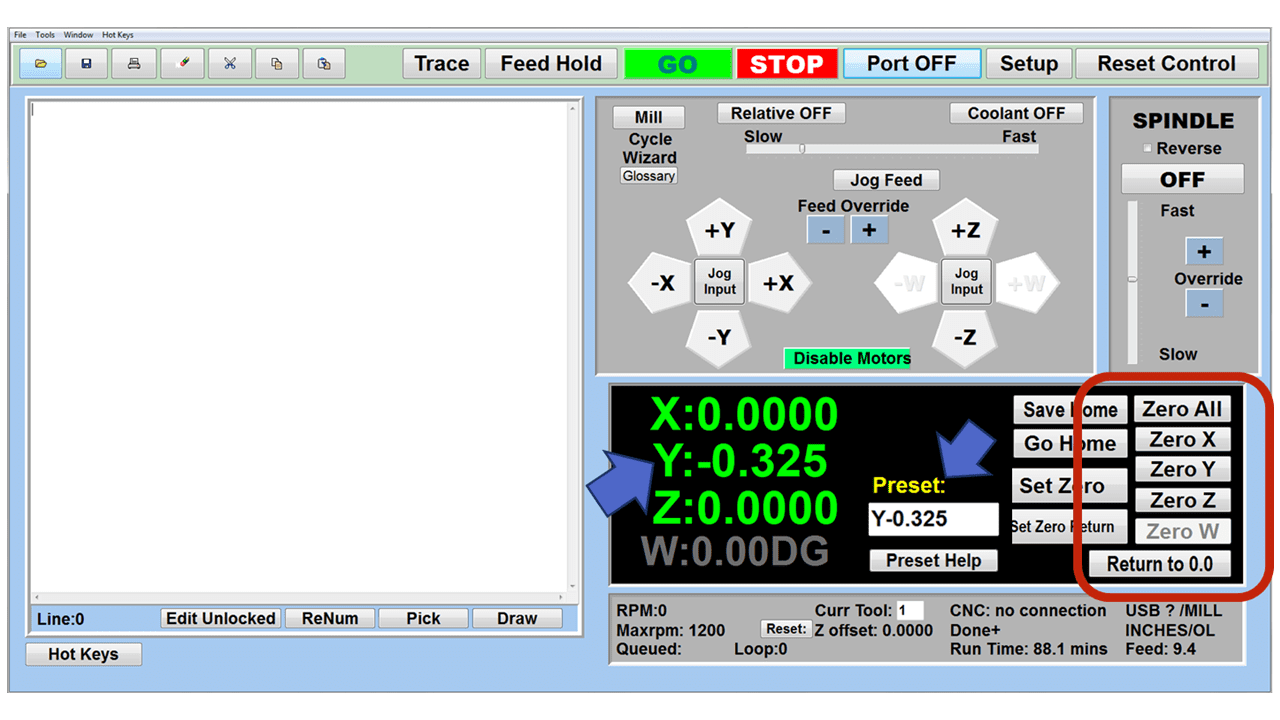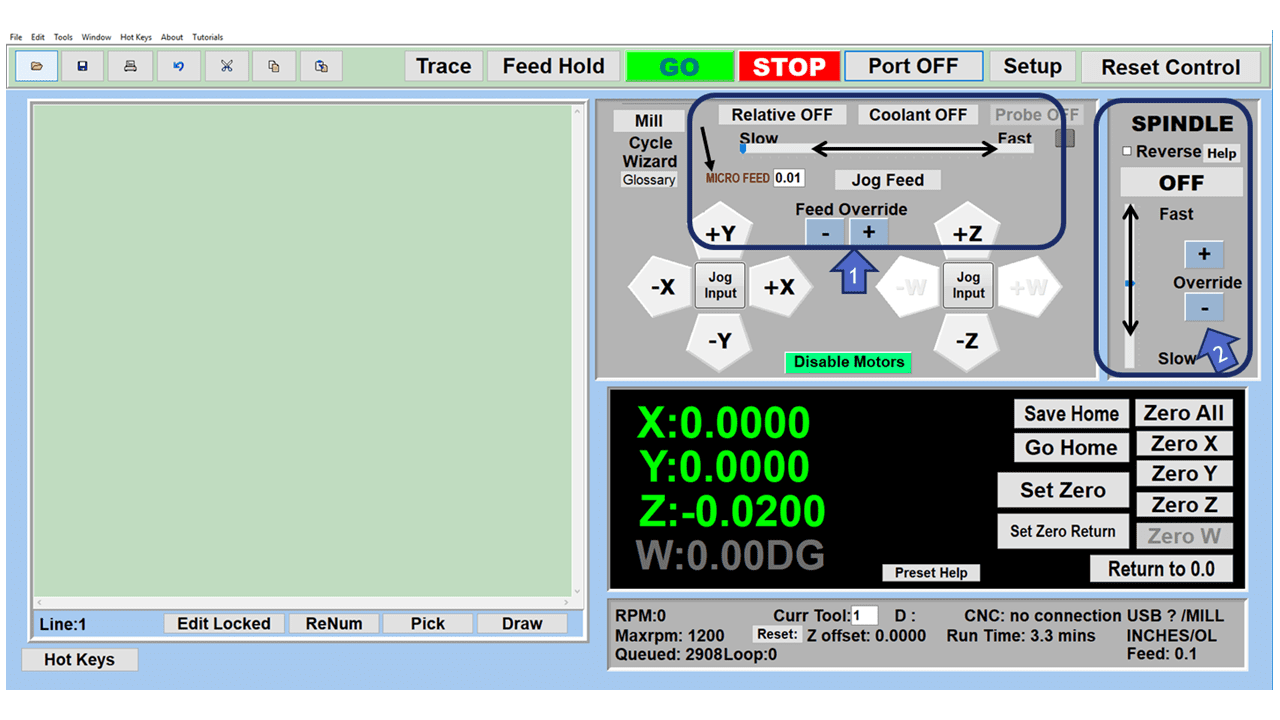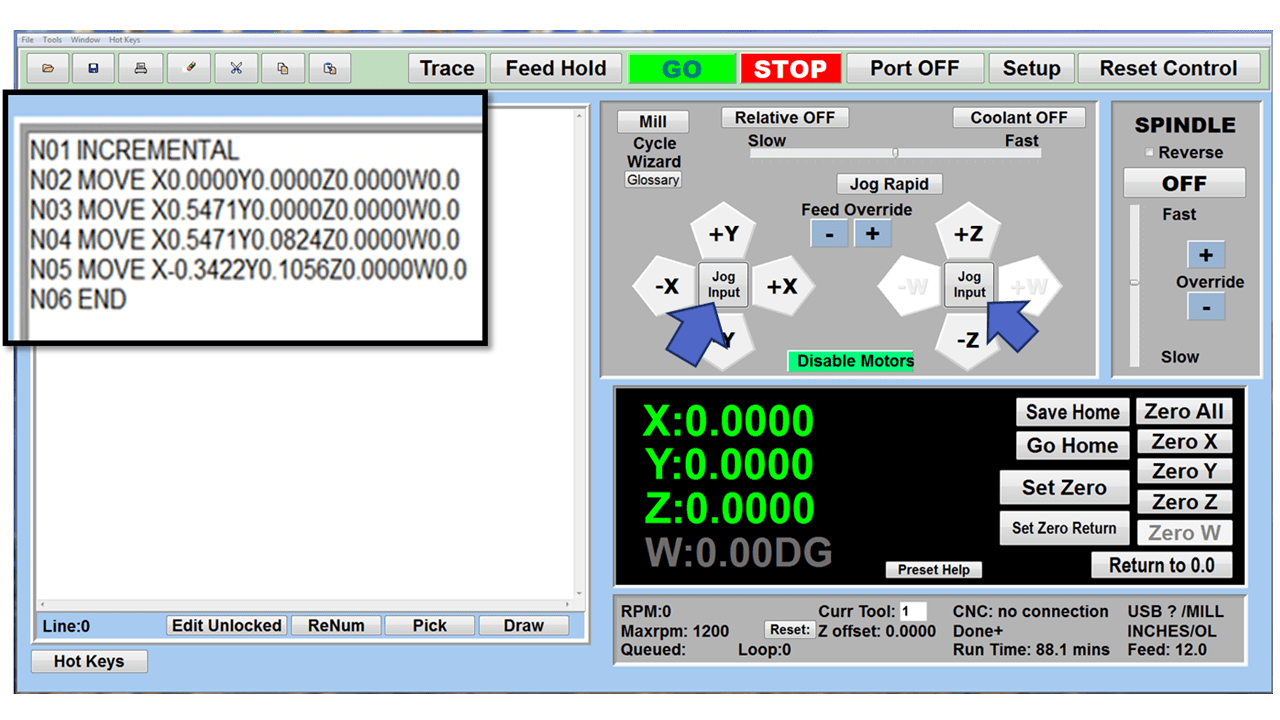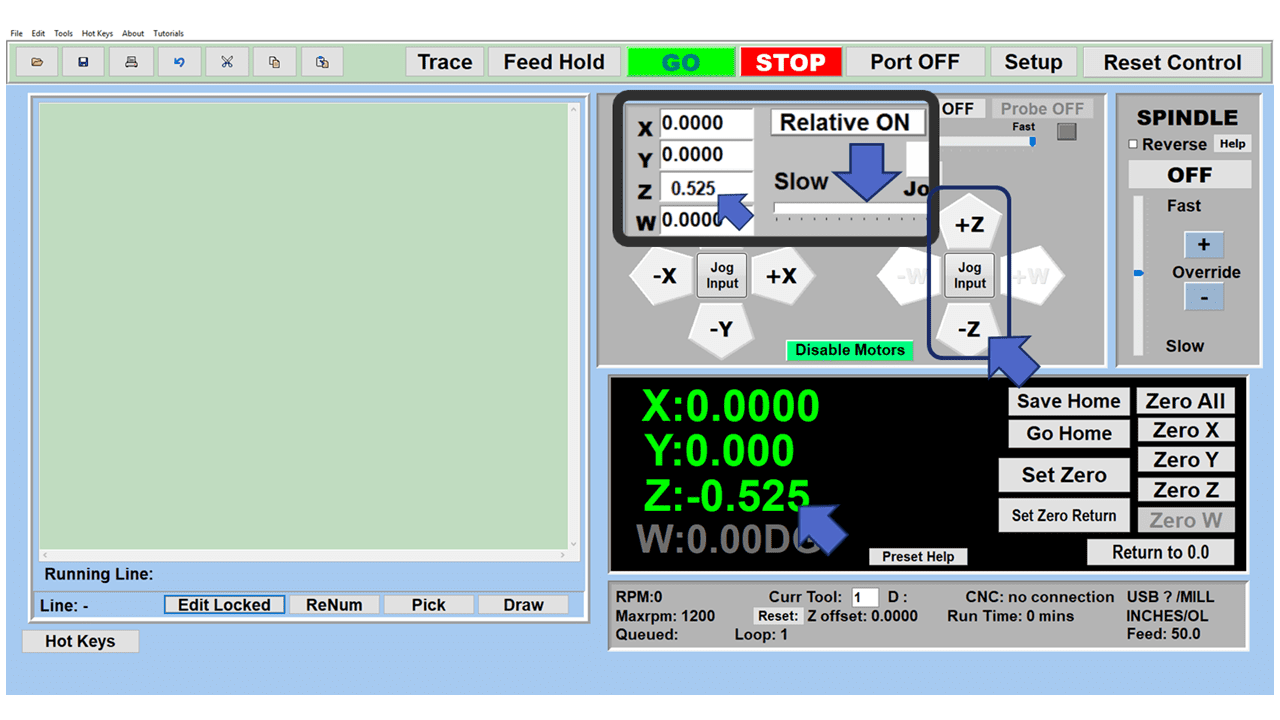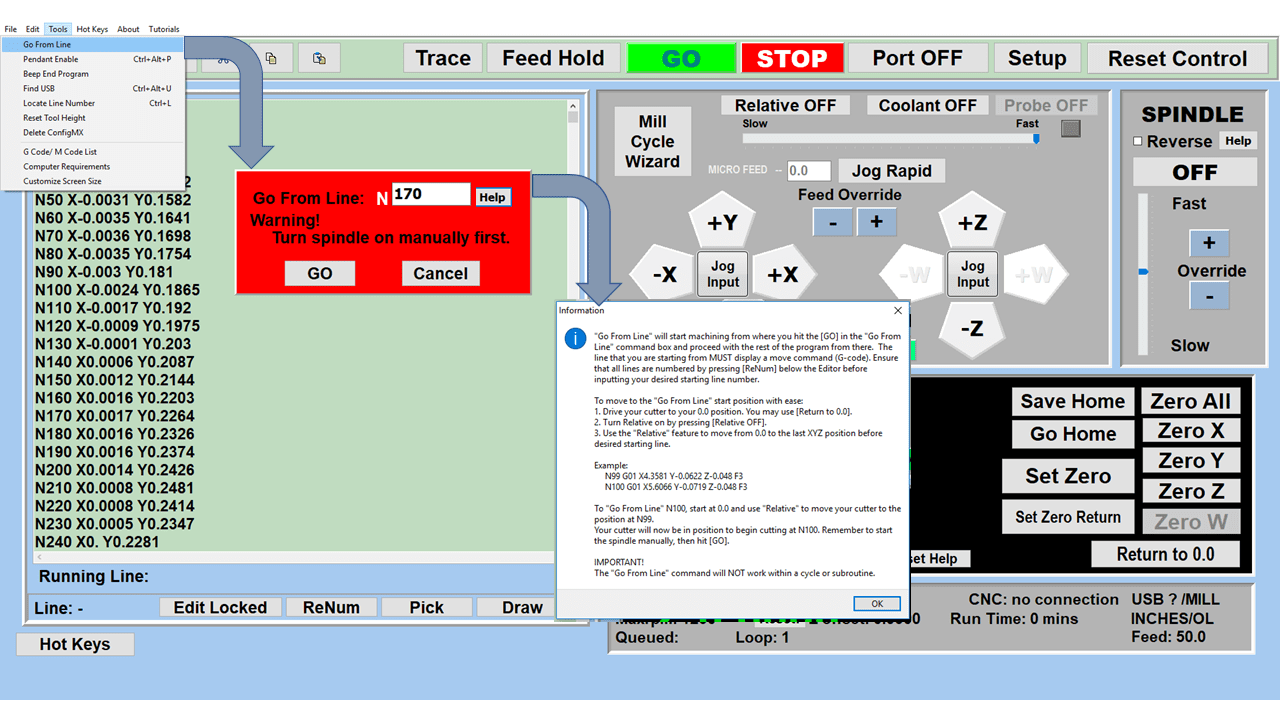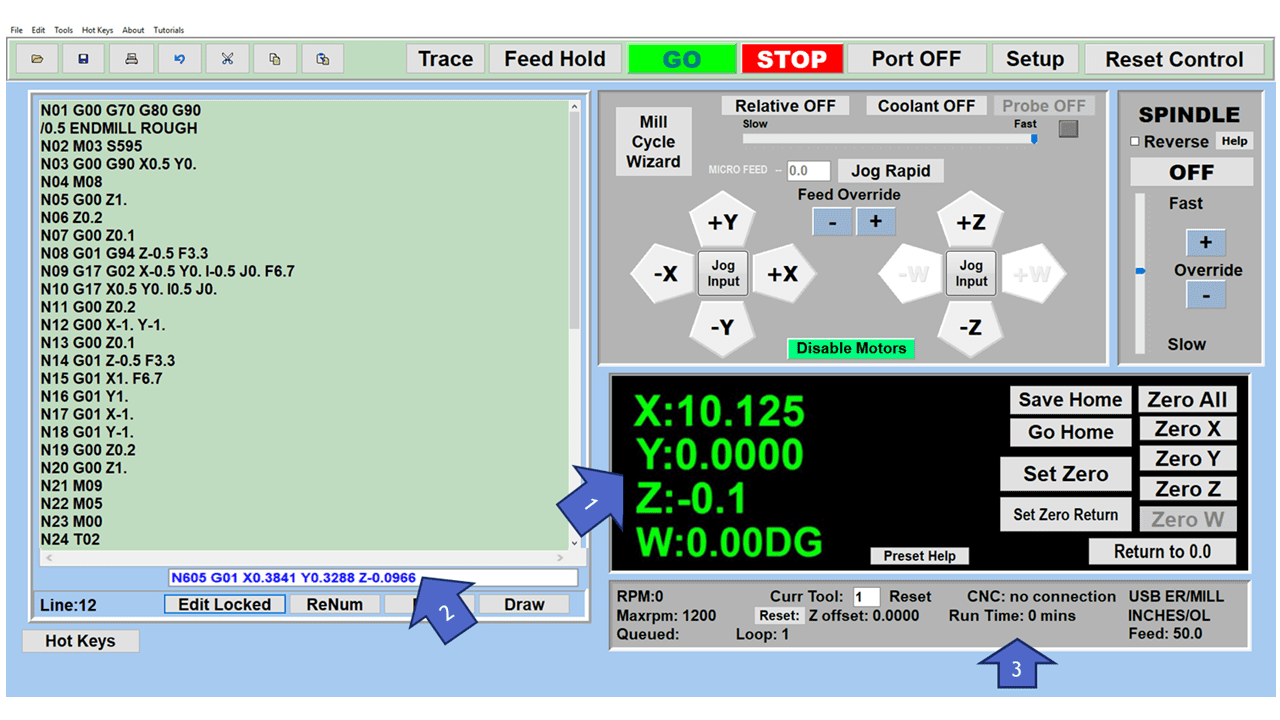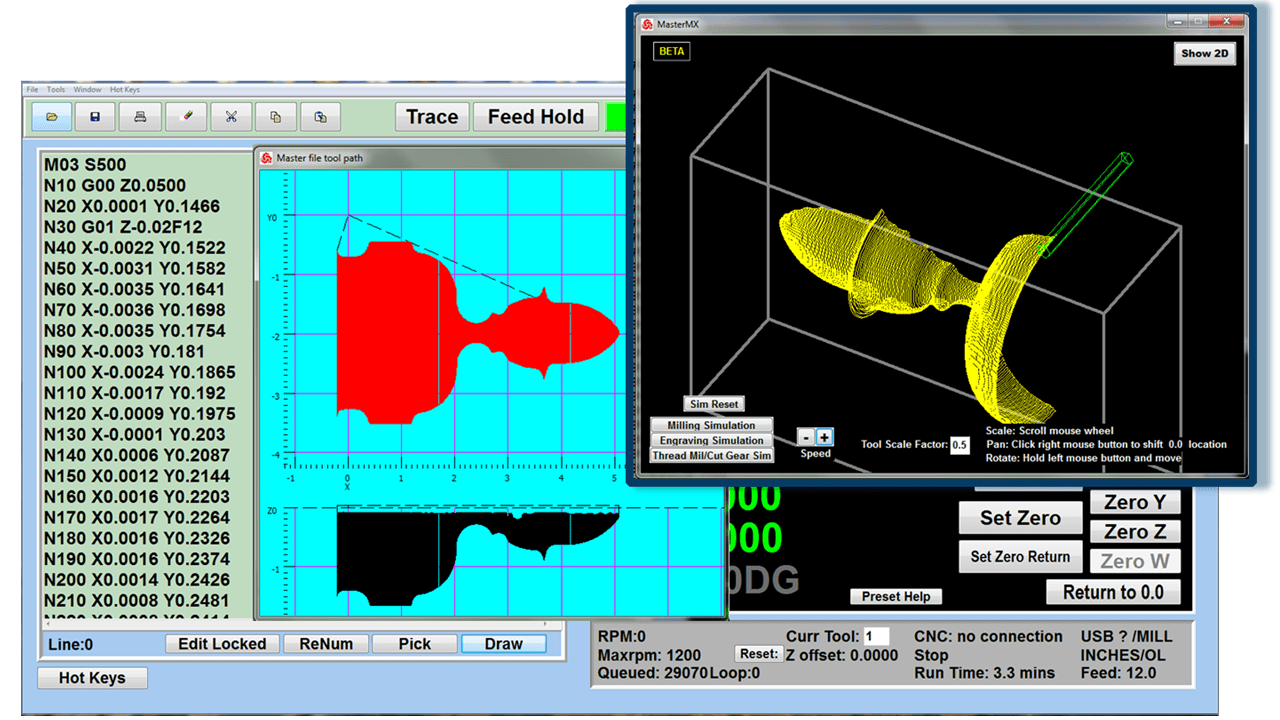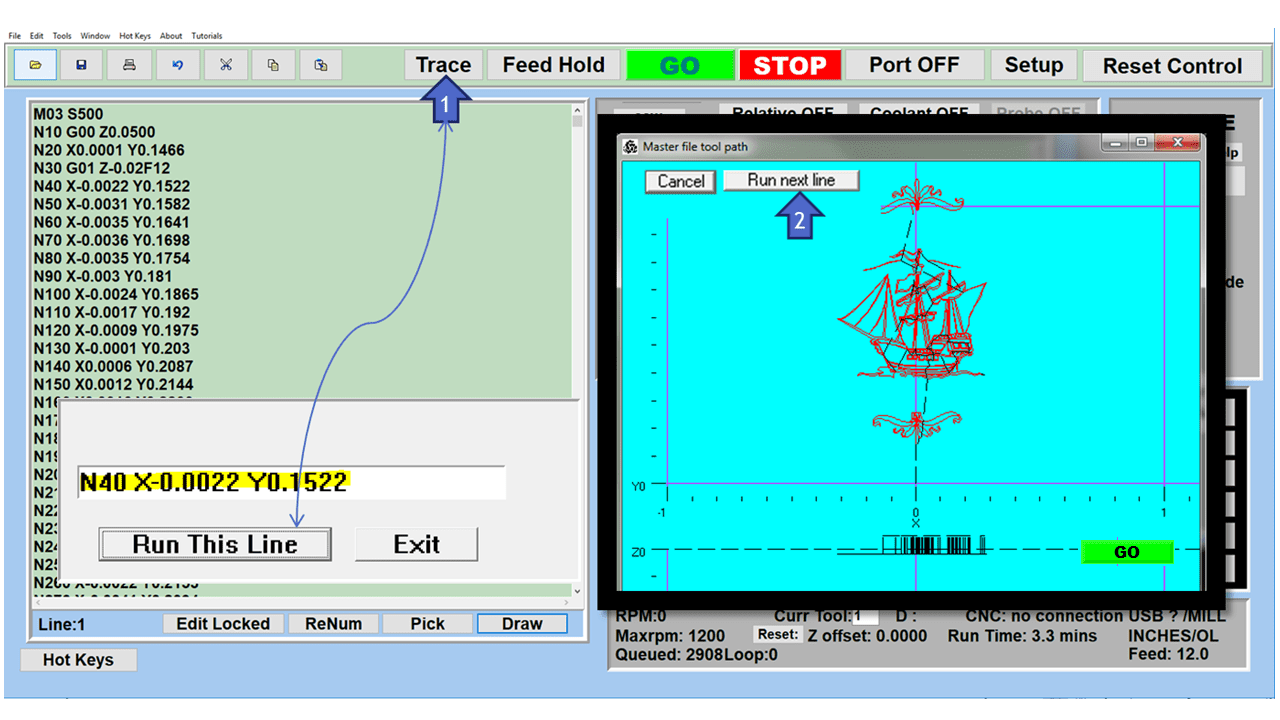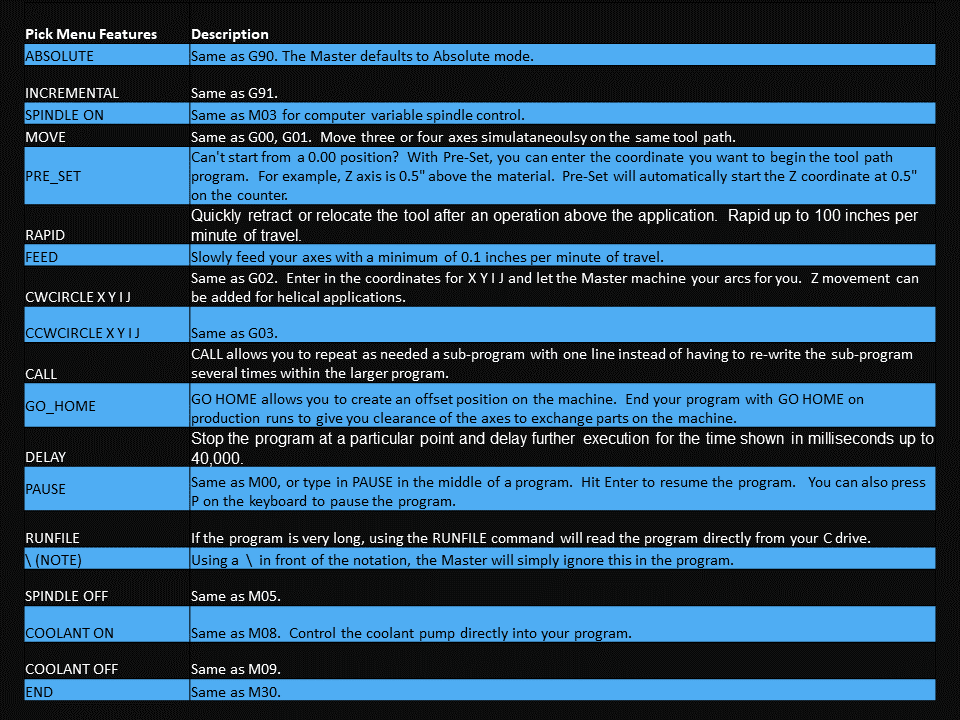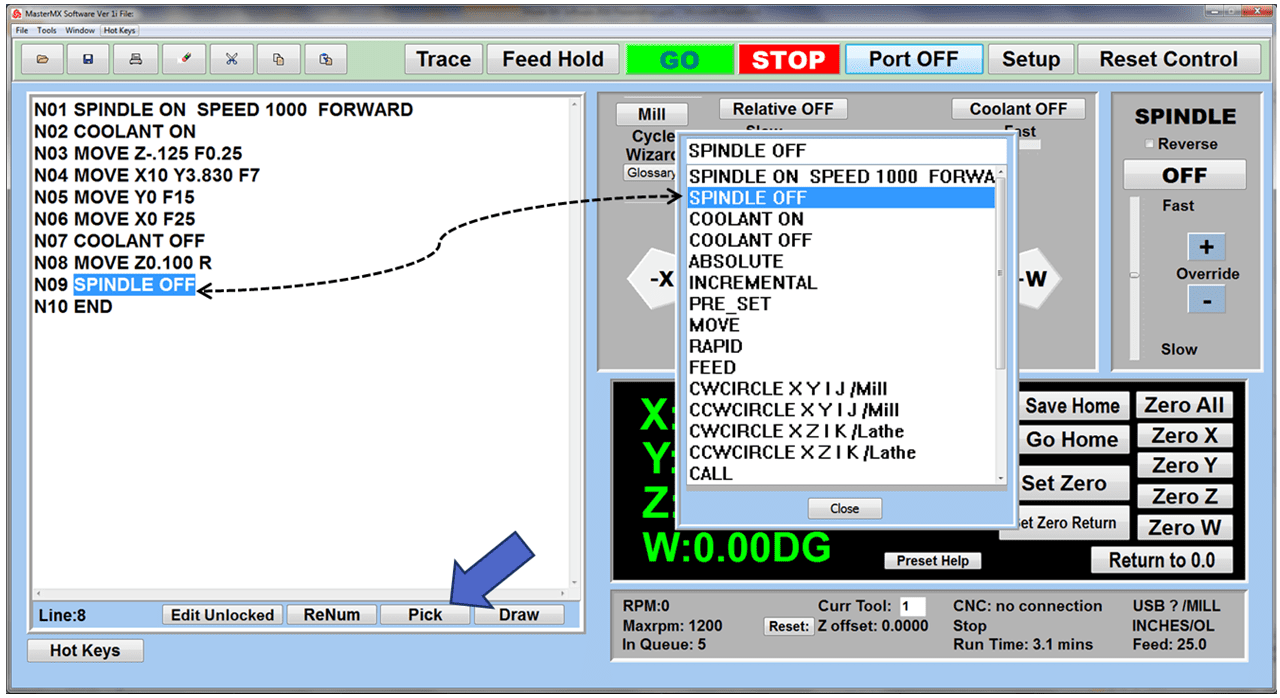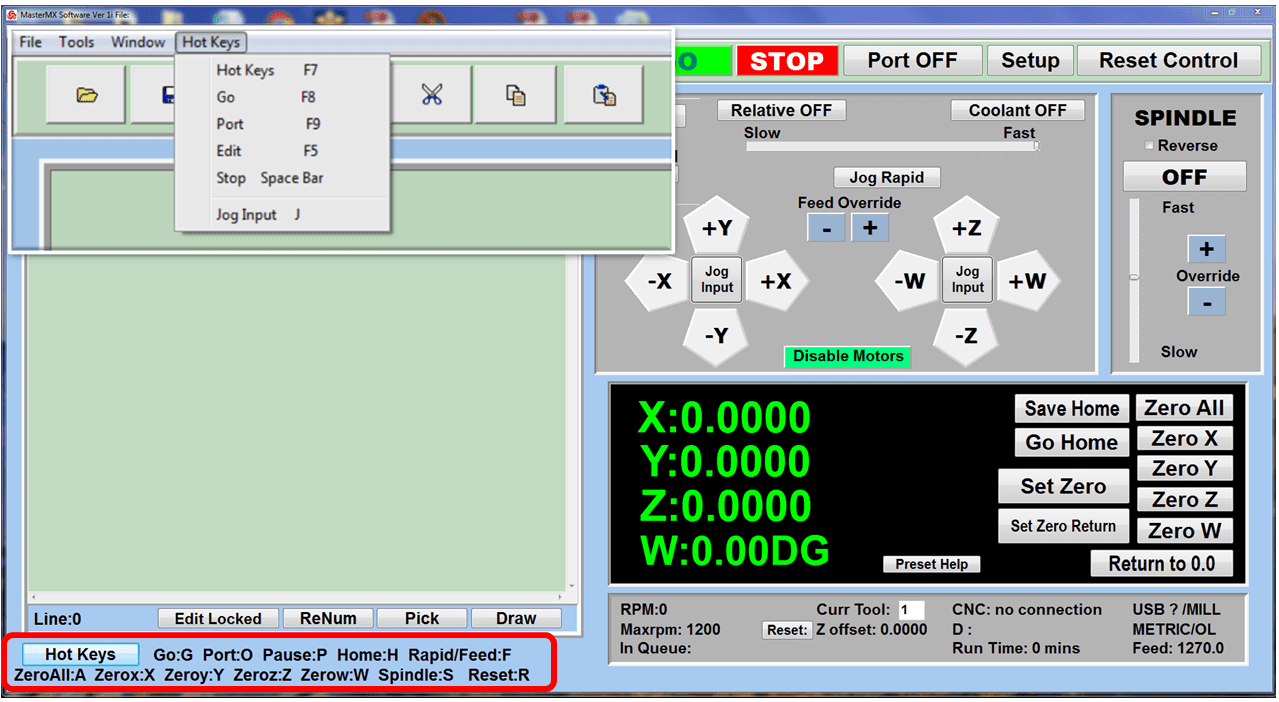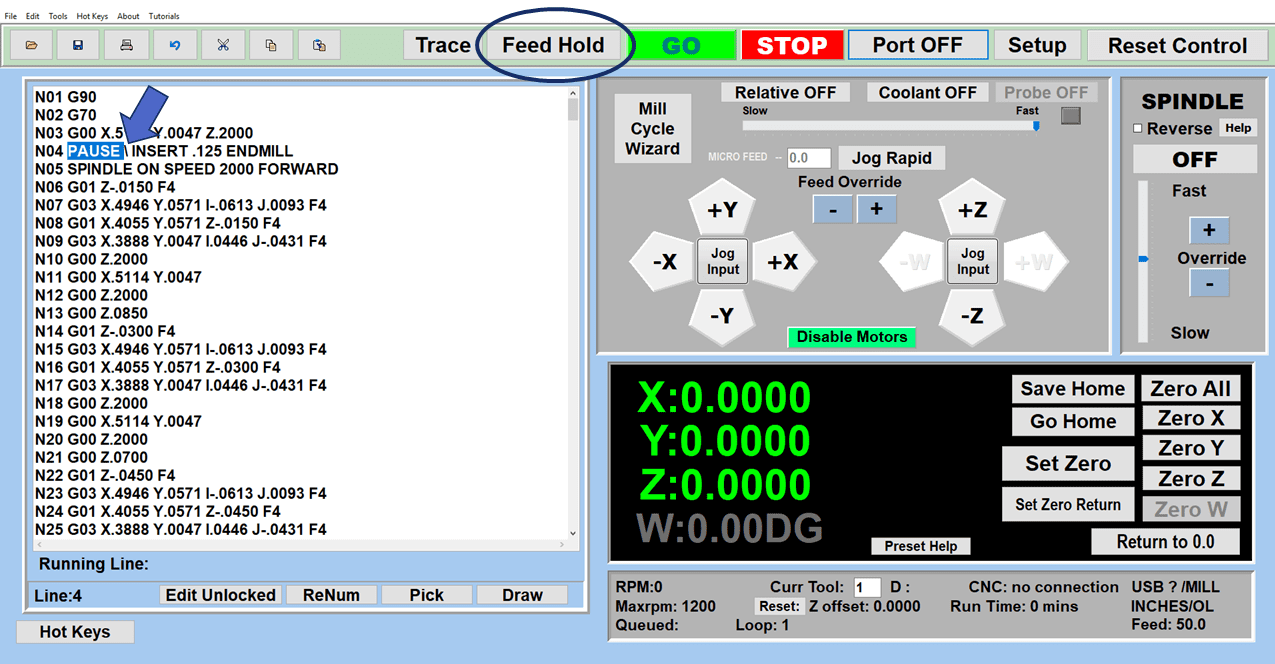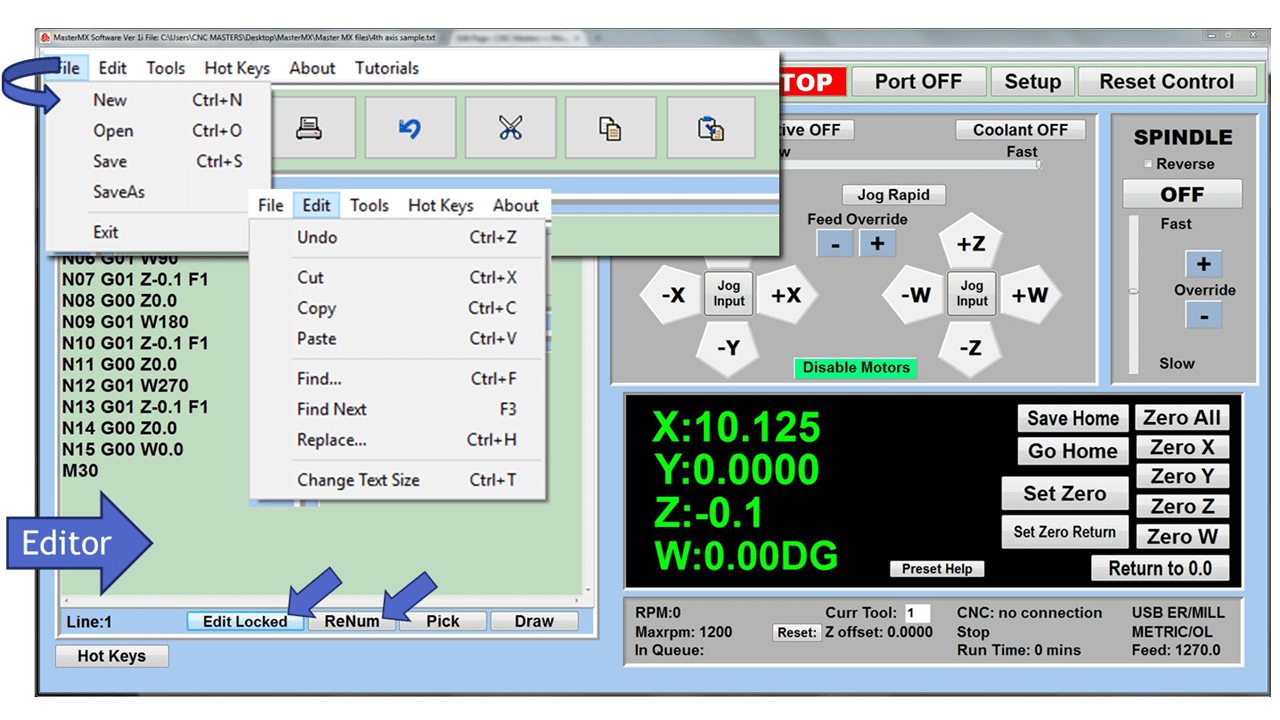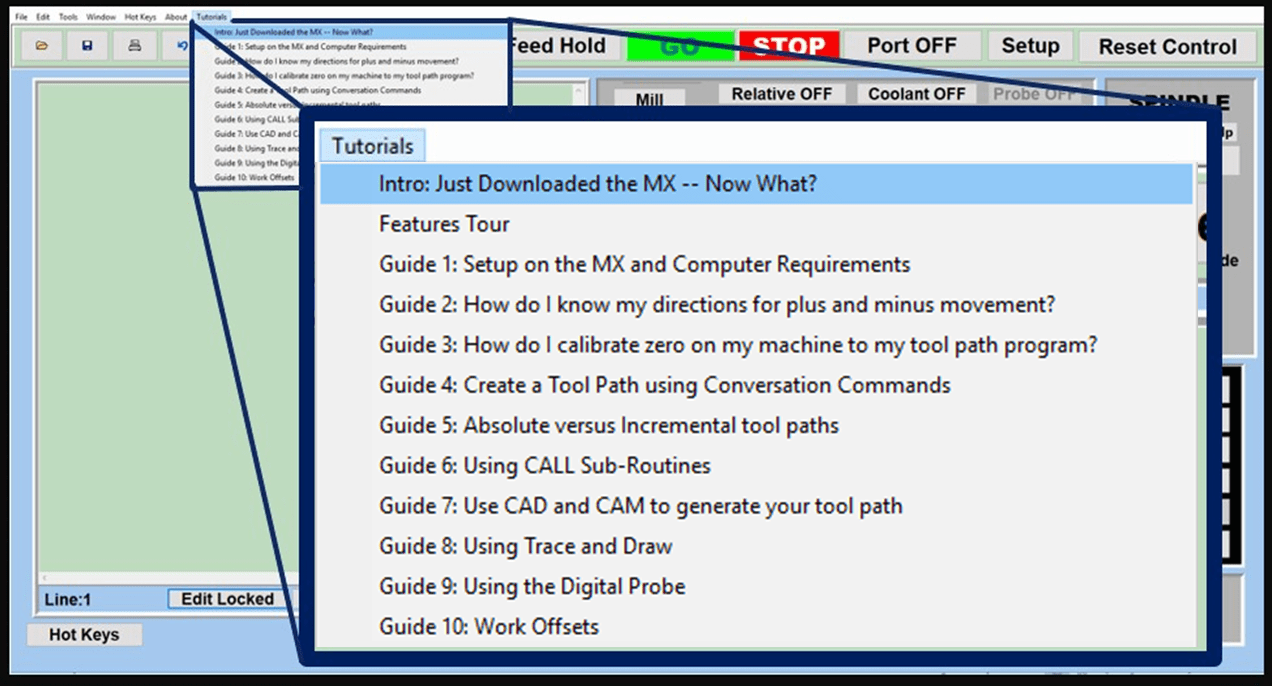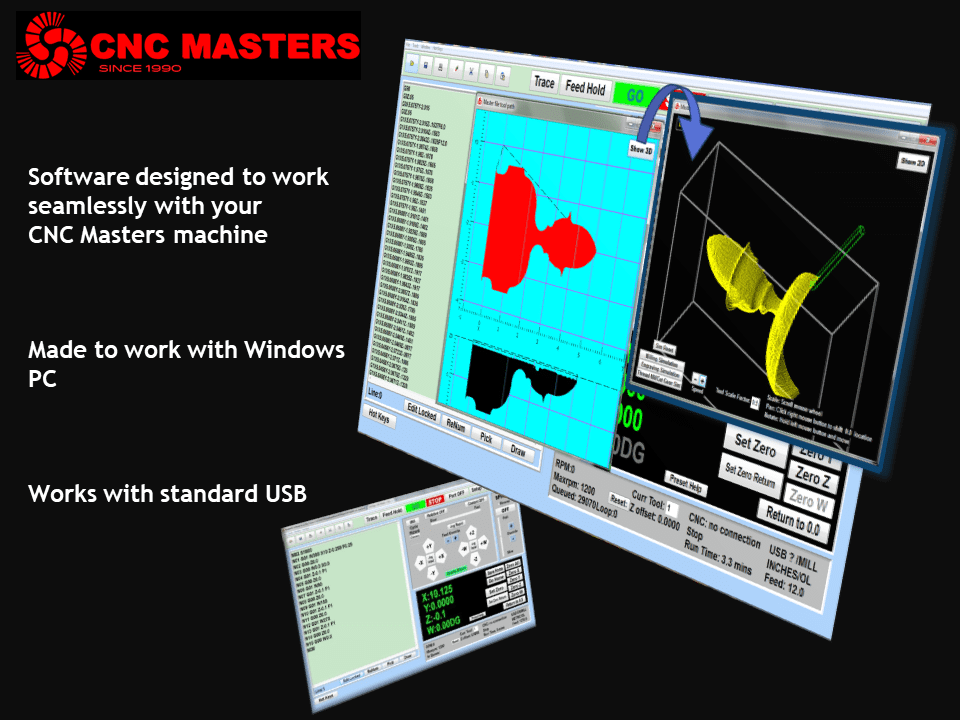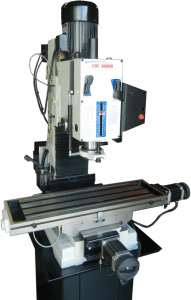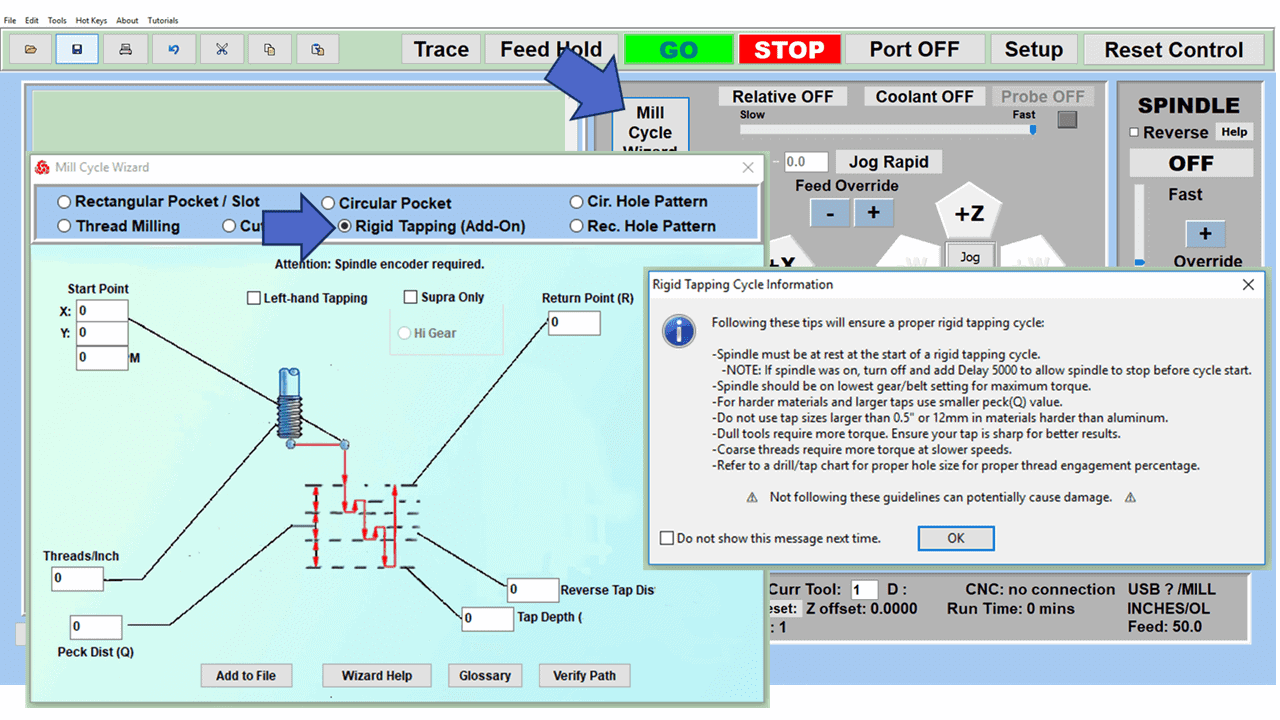Creativity finds different outlets in everyone. For some, it’s painting, sketching, or even random doodles in a notebook; others prefer music. Even running, cycling, or time in the gym can be an outlet for creativity.
But some channel their creativity into actual creation. They are craftsmen, people using raw materials to produce something new. Creative hobbies run the gamut from painting to pottery and whittling to smithing. But with increased access to high-end machine tools, more and more hobbyists are discovering the joys of owning a home milling machine.
Desktop CNC milling machines were once reserved for high-end machine shops. On paper, these are highly complicated multi-axis CNC machine tools requiring an advanced CNC controller to operate.
Fortunately, in today’s world, hobbyist machinists can own a high-end CNC milling machine. In this article, we’ll explore the most critical question a hobbyist needs to ask when considering their milling machine: what do you need in a hobbyist mill?
Why would someone want to buy a hobby CNC milling machine?
Hobby CNC mills, better known as “desktop” or “benchtop” CNC milling machines, have several advantages over full-size machine tools. The most obvious two are size and cost. A traditional vertical machining center (VMC) is often enormous and requires costly maintenance and repairs. In addition to the initial expense, which is at least ten times higher than a desktop, ongoing operating costs will be significantly higher for the VMC.
If space is at a premium in your facility, workshop, or garage, the Mini CNC mill will fit on a workbench or a table in a corner, taking up scarcely any usable floor space. But that doesn’t mean this is a toy! On the contrary, this is a CNC machine for metal milling and should not be confused with a 3D printing device, CNC router kit, or CNC laser engraver. This high-precision machine uses end mills and other tooling to cut metal at average feed rates along both the X-axis and Y-axis.
Quality CNC desktop mills often include features like zero-backlash ball screws, powerful micro-stepper motors or servo motors, and automatic tool changers (ATC). At the very least, a hobby CNC mill will be a stepping stone to a CNC Bridgeport-type knee mill or something more significant.
What to look for in a hobbyist mill
There’s nothing particularly unique about the construction of an actual hobbyist mill. The essential operation of the machine remains the same, and the mill will still have a spindle, a bed, and specific axes of movement. The working area tends to be smaller than most professional mills; some hobbyist mills are often described as mini mills because of their reduced footprint.
Hobbyist mills are simply milling machines used by hobbyists. Every hobby is different, so every hobby needs slightly different requirements. Some hobbyists are content with a simple 3-axis machine capable of moving along the X, Y, and Z axes, and others might require more advanced machines, such as mini CNC jeweler’s mills.
Hobbyist mills are a step up from a drill press or combo tools. Mills are advanced drilling machines capable of end-mill processes and slot cutting.
Most hobbyist mills share specific general characteristics.
Size
In theory, some hobbies require industrial-sized machines with potent motors. But in reality, most hobbyist mills are smaller, lighter machines. Most hobby mills fall into one of two categories – benchtop or tabletop milling machines and mini milling machines.
Benchtop milling machines are small enough to be mounted on a heavy-duty worktable rather than standing directly on the ground. Smaller than full-sized production models, benchtop milling machines vary widely. Some larger models won’t be much smaller than a typical industrial mill, while others are small enough to fall into the mini mill category.
Mini-milling machines are just what they sound like; extra-small mills that sacrifice a bit of power in exchange for versatility. These mills are smaller than benchtop mills and tend to be made of aluminum and lighter alloys rather than the solid cast-iron construction of heavier industrial mills.
The mill size you need depends mainly on what size workpiece you’ll be tooling. The larger the mill, the larger the workpiece that can be accommodated. Your hobby will often dictate the size you need. Woodworking with small and intricate pieces might only require a standard benchtop lathe or mill, while a jeweler might need a mini mill.
Cost
You’ve heard the oft-repeated saying, “You get what you pay for.” It has plenty of truth, and CNC Machines are no exception.
For example, the Genmitsu 3020-PRO MAX CNC Router Machine with a GRBL Offline Controller looks like a bargain at $499 and is marketed as a metalworking machine. Although this may be an excellent machine to learn the basics of CNC programming and milling, there must be more opportunities for meaningful metal machining or creative projects.
Does that mean you must fork over $30,000 for an entry-level or used full-size CNC vertical mill for your hobby? Not at all! You can have a desktop hobby mill with impressive specs and features for much less than that, leading you to ask…
What is the cost of a hobby CNC milling machine?
Budget Hobby CNC Machines range between $250 and $1,500, while mid-range models start at around $1,500 and top up to $9,000. For comparison, upper-range hobbyists and small business machines go from $9,000 to $22,000.
An industrial CNC can cost $750,000 or more, depending on how many axes it has. These machines are not marketed as CNC hobby mills!
Somewhere between the $250 starter machine and the small business machines are a group of affordable CNC desktop milling machines ($6,000 to $7,500) that perform like a much more expensive machining center. Check out the details below.
Power
You can measure the power of a mill in two primary ways: horsepower and spindle speed. Most mills will have variable speed controls, allowing the operator to adjust the speed of the mill depending on the job and material being cut.
Mini mills typically have spindle speeds of 0-2500 RPM, with spindle motors around 0.5 horsepower. Larger benchtop mills might have 2-3 horsepower motors with RPMs up to 3000. High speed is helpful, but other considerations are often more critical to the result.
Remember, there’s a tradeoff between size and stability when choosing between a small benchtop milling machine or an extra-small mini mill. Significantly heavier machines are more powerful and stable, and increased strength reduces the need for extra clamping on the workpiece and helps the mill make more accurate cuts. They also tend to have better durability than smaller milling machines, with heavier and more robust parts from larger stepper motors to heavy-duty collets.
Of course, most hobbyists may not need the size and strength of a larger mill and might be able to get more use out of a highly versatile mini mill instead.
CNC Capability
Modern CNC control software is easier to learn and operate than the skills required for traditional manual machines. Some software packages have simplified conversational programming language using self-explanatory commands like “Move, Absolute, Incremental, Repeat, Rapid, Feed, Spindle on.” Hobbyists can choose these commands from the pull-down menu placed on the main screen editor for the user to complete.
The versatility of CNC milling allows even beginners to create practically any item conceivable. Some machines include features like a fourth axis, engraving attachment, coolant, quick tool change, and splash guard shield, adding to the creativity possible with these mills.
Also, remember that one of the primary benefits of CNC technology is its repeatability. If you decide to move up from a hobbyist to a small business owner, consistent product manufacturing will be one of the cornerstones of your enterprise.
Additional Features
Look for these features to ensure you’re getting the full benefits from your mini CNC mill:
- A cast iron CNC milling machine.
- Handwheels on each axis for optional manual machining with a “motor disengage” feature to retain computer spindle speed control for the CNC mill.
- Tilting head for angled drilling, horizontal milling, and slotting.
- Powerful X, Y, and Z-axis micro-stepper motors.
- Tool height compensation with automatic quill retraction for quick tool changes.
- Dovetail ways on the column, X table, and Y saddle allow precision alignment and movements.
- X and Y direct drives instead of timing belts that require adjustments.
- A user-friendly setup is suitable for beginners or experienced machinists.
- An extended warranty and life-long tech support.
As mentioned earlier, desktop CNC mills are not toys but rugged workhorses, allowing you to pursue your passion as a hobbyist or a fledgling entrepreneur.
Other Characteristics of a Hobbyist Mill
Start with high-quality parts and products. Some people fall into the trap of thinking of hobbyist machines as entry-level machine tools. And while many hobby machinists do start with smaller desktop CNC mills, there’s no need to sacrifice high precision.
Look for a hobby CNC mill equipped with all the basics of a production-capable CNC milling machine. That means advanced but user-friendly control software, complete G-code programming, a comprehensive warranty, and perhaps even extras like straightforward tutorials for the specifics of your new machine.
Most hobbyist mills can work with various materials, from stainless steel to soft metals, acrylics, and MDF. Some might be better suited for your DIY CNC router, but versatility is the key to a hobbyist mill.
A suitable hobbyist mill can live long in the workshop, even if you move on to bigger and grander ambitions. Desktop mills are great for prototyping and ironing out the bugs in the program for a new part before putting it into mass production.
What can you do with a home milling machine?
Milling machines are one of the classic machine tools, and they are ideal for cutting slots, making furniture, drilling holes, and even finishing parts. With the addition of advanced CNC technology, milling machines allow hobbyists to design and construct custom parts entirely from scratch.
Milling machines enable hobbyists to pursue other hobbies more easily. Metalworking fans will discover that a milling machine allows them to finish their metalworking projects far more quickly and precisely. DIY jewelers can use a mini mill or a small mill to design and finish highly intricate and beautiful pieces. Woodworkers can use a milling machine or its close cousin, the CNC router, to create ornate wood carvings and custom plates.
Hobbies are nearly limitless, and milling machines are just as versatile.
CNC Masters Hobby Benchtop Milling Machines
CNC Masters provides a wide range of milling machines for all uses. These mills could be used in a home-based workshop, but two of the CNC Masters line are ideally suited for hobbyists.
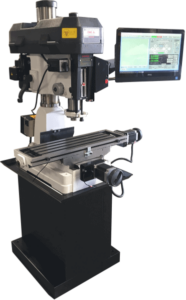 The first is the JR Table Top CNC Mill. A classic tabletop CNC milling machine, the JR features a 2 HP motor with a 12-speed variable spindle up to 3000 RPM. The machine features cast-iron construction with sufficient weight (700 lbs.) to provide increased stability for hard-to-make cuts. Like any CNC milling machine, the JR includes a programming Computer Numerical Control system that is easy to learn and integrates with any Windows-based CAD program.
The first is the JR Table Top CNC Mill. A classic tabletop CNC milling machine, the JR features a 2 HP motor with a 12-speed variable spindle up to 3000 RPM. The machine features cast-iron construction with sufficient weight (700 lbs.) to provide increased stability for hard-to-make cuts. Like any CNC milling machine, the JR includes a programming Computer Numerical Control system that is easy to learn and integrates with any Windows-based CAD program.
The JR is a robust vertical milling machine for any hobbyist. It’s small enough to feature in nearly any workshop but large enough to tackle all but the most significant projects.
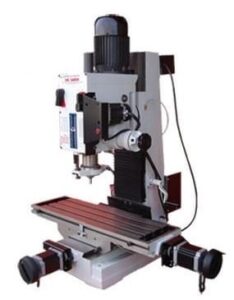 The other option from CNC Masters is the BARON Milling Machine. Another tabletop option, the BARON, is a larger, slightly heavier (800 lbs.) version of the JR. The BARON features a complete CNC package with variable speed settings and an adjustable dovetail column. It’s a mill that allows even hobbyists to undertake advanced CNC machining with a powerful, sophisticated vertical mill.
The other option from CNC Masters is the BARON Milling Machine. Another tabletop option, the BARON, is a larger, slightly heavier (800 lbs.) version of the JR. The BARON features a complete CNC package with variable speed settings and an adjustable dovetail column. It’s a mill that allows even hobbyists to undertake advanced CNC machining with a powerful, sophisticated vertical mill.
Both options from CNC Masters are American-made and include digital readouts. You can rest assured of excellent, in-country customer support.

